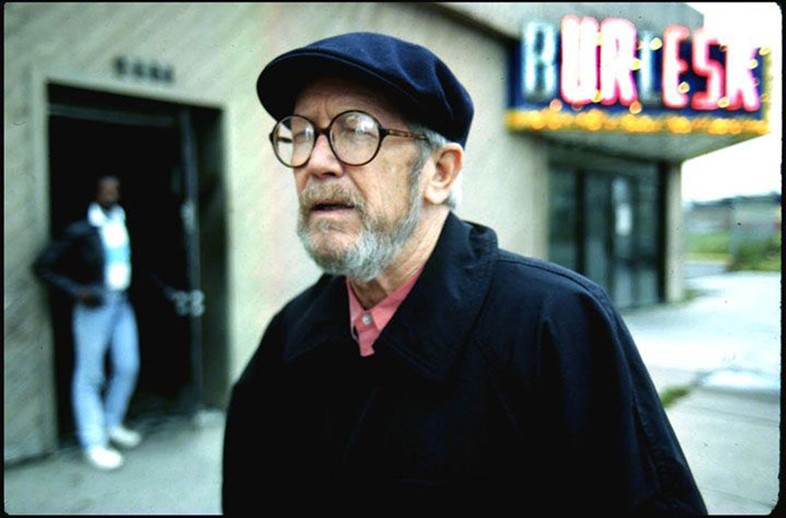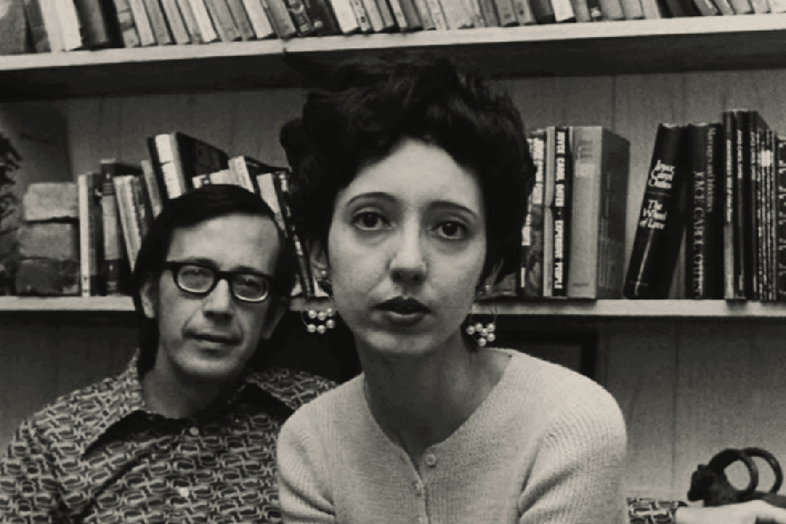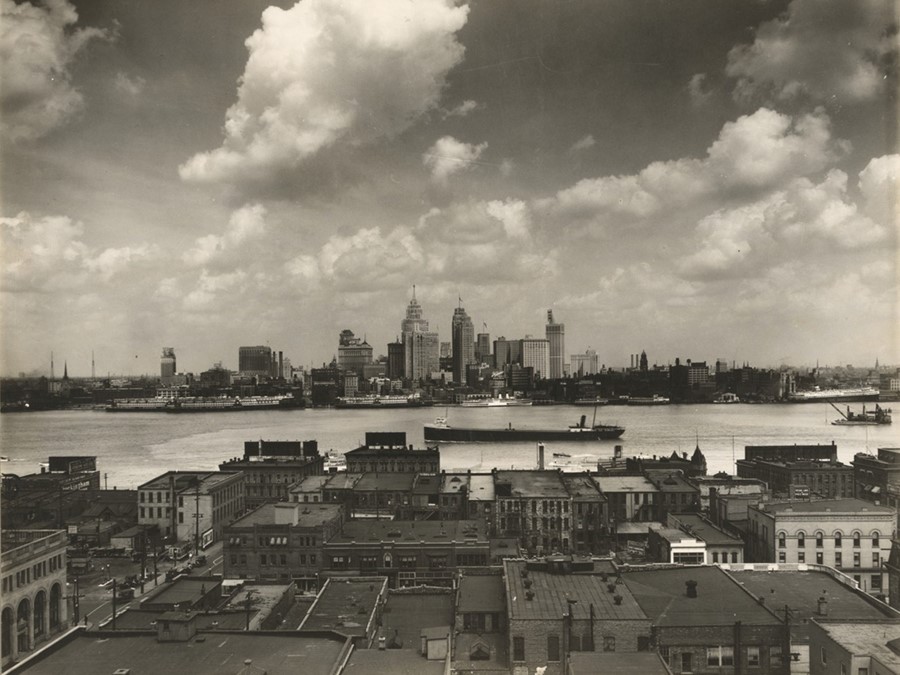We shine a light on three of our favourite authors who share a love of Detroit
In terms of popular culture, Detroit is most readily associated with its extraordinary musical heritage, as well as cinematic classics like Grosse Point Blank and True Romance. Its literary figures are often overlooked, yet it is arguably in literature that the city is best, and most poetically, preserved – its many distinctive traits, and turbulent history, providing a wealth of inspiration for authors old and new. As Elmore Leonard wrote, “There are cities that get by on their good looks… and there are cities like Detroit that have to work for a living.” And it’s obvious which makes for a more interesting narrative. So here as part of our Detroit celebration, we shine a light on three of our favourite authors who share a love for the city.

Jeffrey Eugenides
He has only written three novels to date but Jeffrey Eugenides is already regarded as a doyen of modern American literature. His debut novel The Virgin Suicides won the hearts of thousands – including that of Sofia Coppola, who brilliantly reimagined the story on film – and his second endeavour Middlesex, an epic tale of hermaphroditism, won the Pulitzer Prize. Both books are set in Eugenides’ hometown of Detroit and its adjoining, more affluent suburb of Grosse Point (“our waterlocked spit of land French explorers had named the ‘Fat Tip’”) where the author himself grew up. Eugenides' great talent is getting inside the heads of his characters and his settings very much fall within the character bracket, to the extent that it's impossible not to recognise Detroit as an old friend by the time you reach the end of Middlesex. Indeed, as the tale of three generations unfolds, the reader follows the city's highs and lows in much the same manner as the protagonists' – from its 1930s heyday to the race riots of 1967. Eugenides has said of his birthplace, to which he returns regularly, "I think most of the major elements of American history are exemplified in Detroit, from the triumph of the automobile and the assembly line to the blight of racism, not to mention the music, Motown, the MC5, house, techno."

Elmore Leonard
We couldn't talk about Detroit authors without mentioning Elmore Leonard, the crime writer dubbed "The Dickens of Detroit". Born in New Orleans, Leonard’s family relocated to Detroit when he was 11-years-old and the writer stayed, more or less, for the rest of his life. He lived in Bloomfield Village in the city’s suburbs, where he would write on yellow legal pads, for eight hours at a time, in the concrete basement of his house. Of his 45 novels, around a third were based in Detroit, including City Primeval and 52 Pickup. One of his favourite settings was the old Detroit Police Department building at 1300 Beaubien (nicknamed “1300”) where he spent many an hour shadowing the cops that worked there, and perfecting his flare for shrewdly observed conversational dialogue. As with Eugenides, the city itself is one of Leonard’s greatest characters, and in his writings – which is where the Dickens reference becomes so relevant – Detroit as he knew it is perfectly preserved for posterity, from the provincial minutiae and historical ephemera to the local slang.

Joyce Carol Oates
She may have been born a New Yorker, but award-winning author, poet and playwright Joyce Carol Oates is another writer indelibly linked to Detroit. In her own words, "Detroit, my 'great' subject, made me the person I am, consequently the writer I am – for better or worse." In this she is most likely referring to her 1969 novel Them – the third book in the "Wonderland Quartet" – for which she won the National Book Award. Set in Detroit between the 1930s and the 1960s, the book powerfully chronicles the tumultuous life of a family living on the edge of ruin in the Detroit slums. A poignant and timeless study of social class, many of Them’s characters and events were based on real experiences and stories that Oates witnessed while living and teaching in Detroit during the first two decades of her married life. But while Them was the magnum opus of her Detroit years, Oates has often expressed that much of her literary work – and she has published over 70 books – draws from the city, which remains a great source of inspiration to this day.
This article is part of a series celebrating Detroit, in partnership with Shinola.
